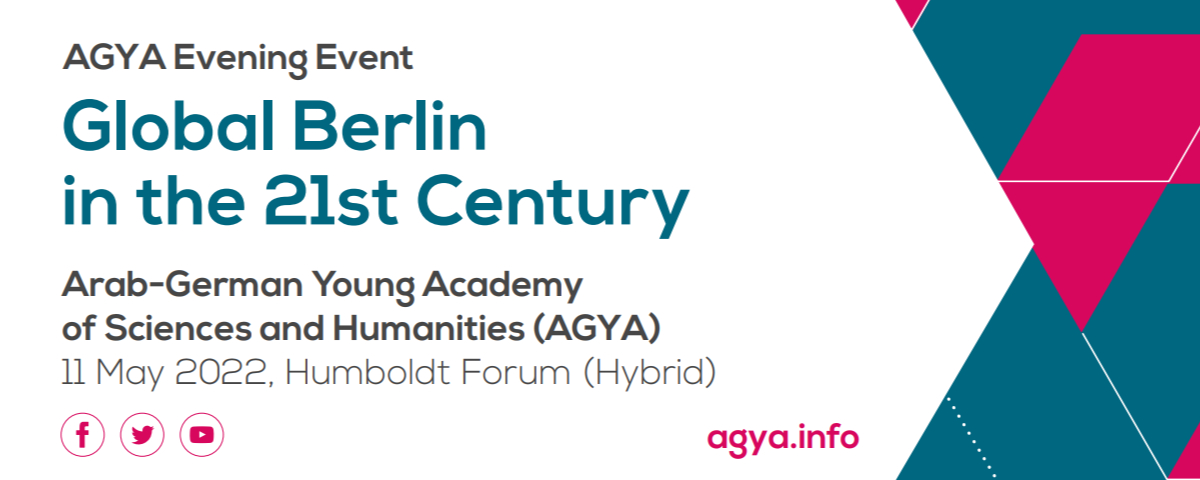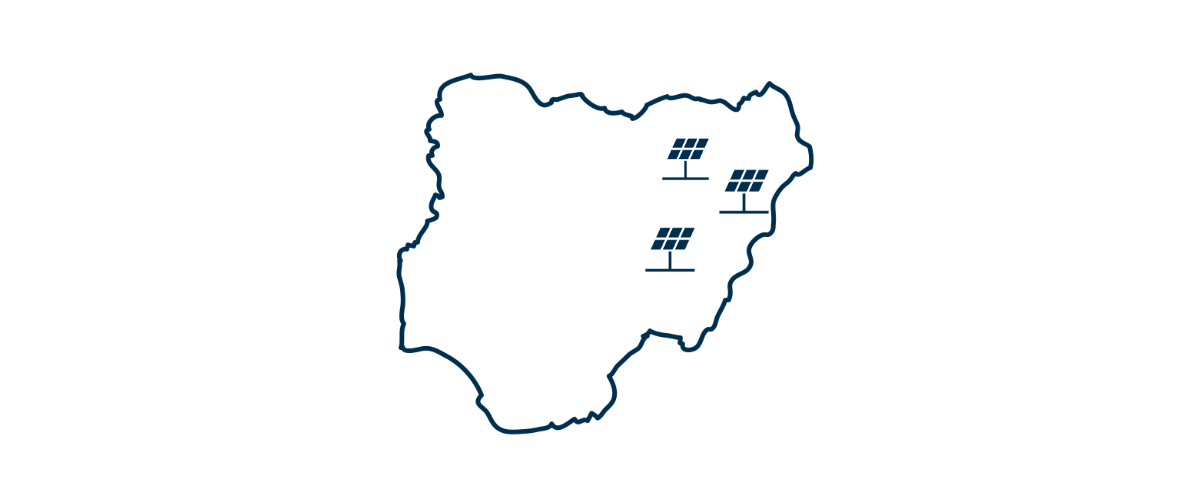
11.05. | AGYA Evening Event Global Berlin in the 21st Century
11. May 2022
100% Renewable Energy Uganda
16. May 2022Nigeria Pre-Feasibility Assessment of Co-Located Mini-Grids and Investments in Agro-Processing

This project was funded by the Energy Sector Management Assistance Program (ESMAP) of the World Bank. Within this project the RLI experts conducted a feasibility study for PV-based mini-grids for a large number of sites in Nigeria, together with the lead consulting firm INTEGRATION and the local partner company Creeds Energy. The sites investigated in the study are characterized by energy consumption from households and agriculture. A key objective of the study is to investigate whether additional agricultural energy consumption improves the economic sustainability of PV based mini-grids.
Based on this pre-feasibility analysis of the potential mini-grid sites, a tender by the Rural Electrification Ageny (REA) under the Nigeria Electrification Program (NEP) will be prepared. This tender will consider the specific potential of the integration of agricultural energy demand.
Key components of the project
As part of this project, a feasibility study was conducted for selected sites in Nigeria, including demand forecasting, mini-grid system sizing, and financial modeling. The work was carried out in five work packages (WPs). WP1 and WP2 consisted of preparatory activities and geo-referenced data collection on the potential mini-grid sites. WP3 and 4 consisted of energy demand modeling, mini-grid system designs, and financing analysis. In WP3, RLI used its open-source off-grid energy modeling tool "Offgridders" to optimize system designs for the selected mini-grids in an automated process. Initially, six strategically located example sites were modeled. This allowed for a test and adjustment of the modeling approach before detailed modeling of the remaining 40 mini-grids was performed. The last work package (WP5) was dedicated to the analysis and presentation of the project results.
Project duration: March 2021- December 2021
Key components of the project
As part of this project, a feasibility study was conducted for selected sites in Nigeria, including demand forecasting, mini-grid system sizing, and financial modeling. The work was carried out in five work packages (WPs). WP1 and WP2 consisted of preparatory activities and geo-referenced data collection on the potential mini-grid sites. WP3 and 4 consisted of energy demand modeling, mini-grid system designs, and financing analysis. In WP3, RLI used its open-source off-grid energy modeling tool "Offgridders" to optimize system designs for the selected mini-grids in an automated process. Initially, six strategically located example sites were modeled. This allowed for a test and adjustment of the modeling approach before detailed modeling of the remaining 40 mini-grids was performed. The last work package (WP5) was dedicated to the analysis and presentation of the project results.
Project duration: March 2021- December 2021
The RLI assumes the following tasks:
- Energy system modeling of hybrid PV mini-grids using the open-source software tool Offgridders
- Validation of Offgridders results with comparative simulations for six sites using the standard tool HOMER
- Automatic modeling of 40 sites with Offgridders









